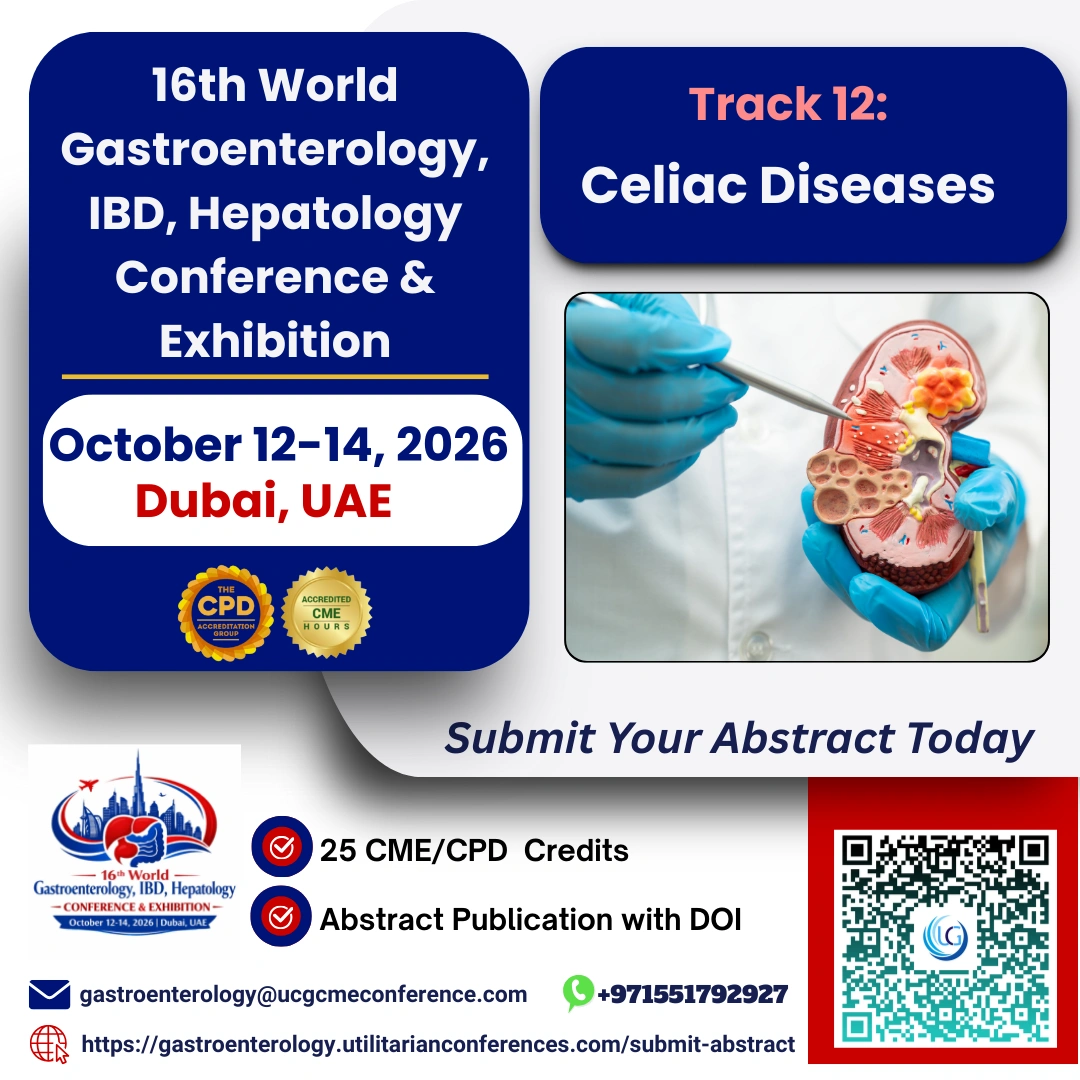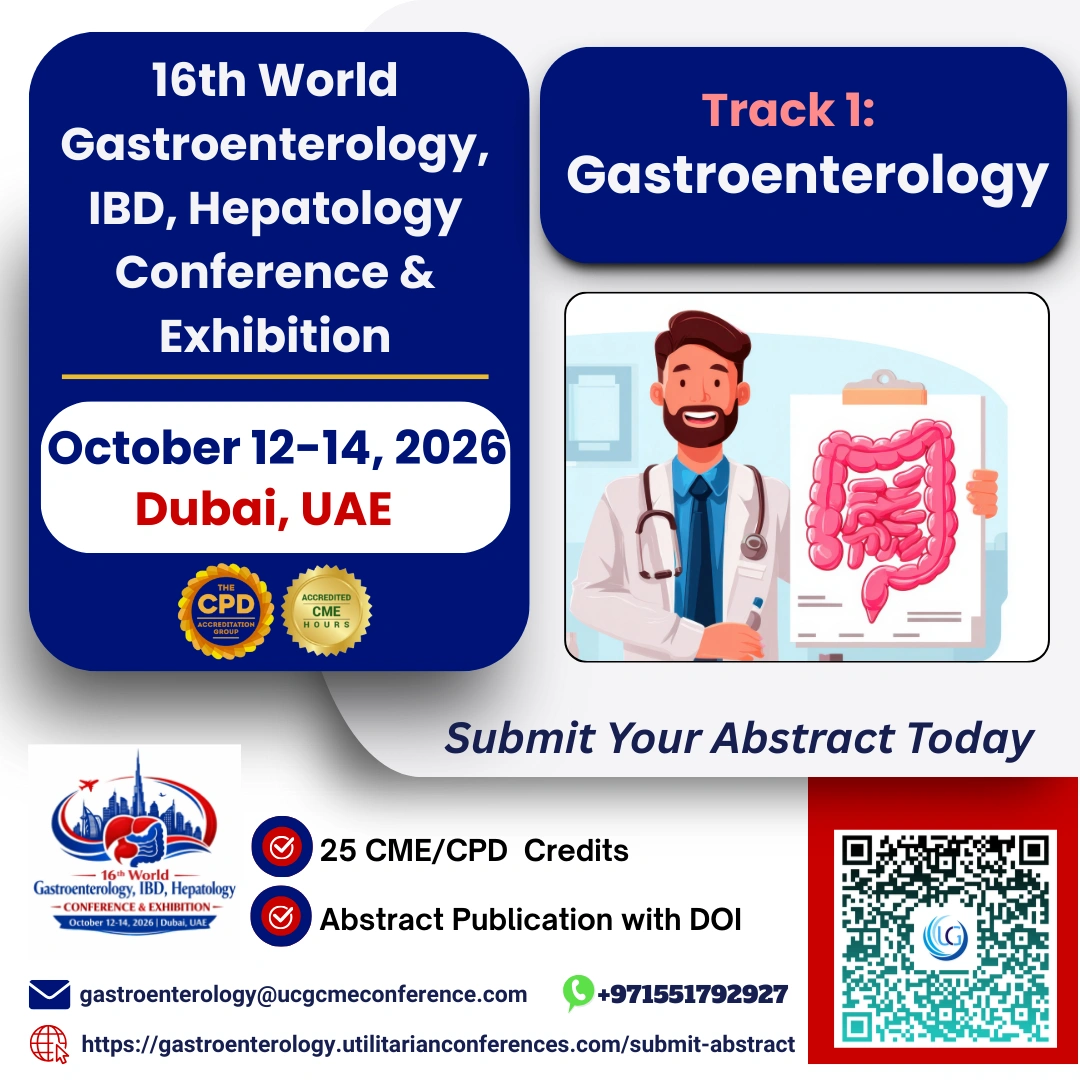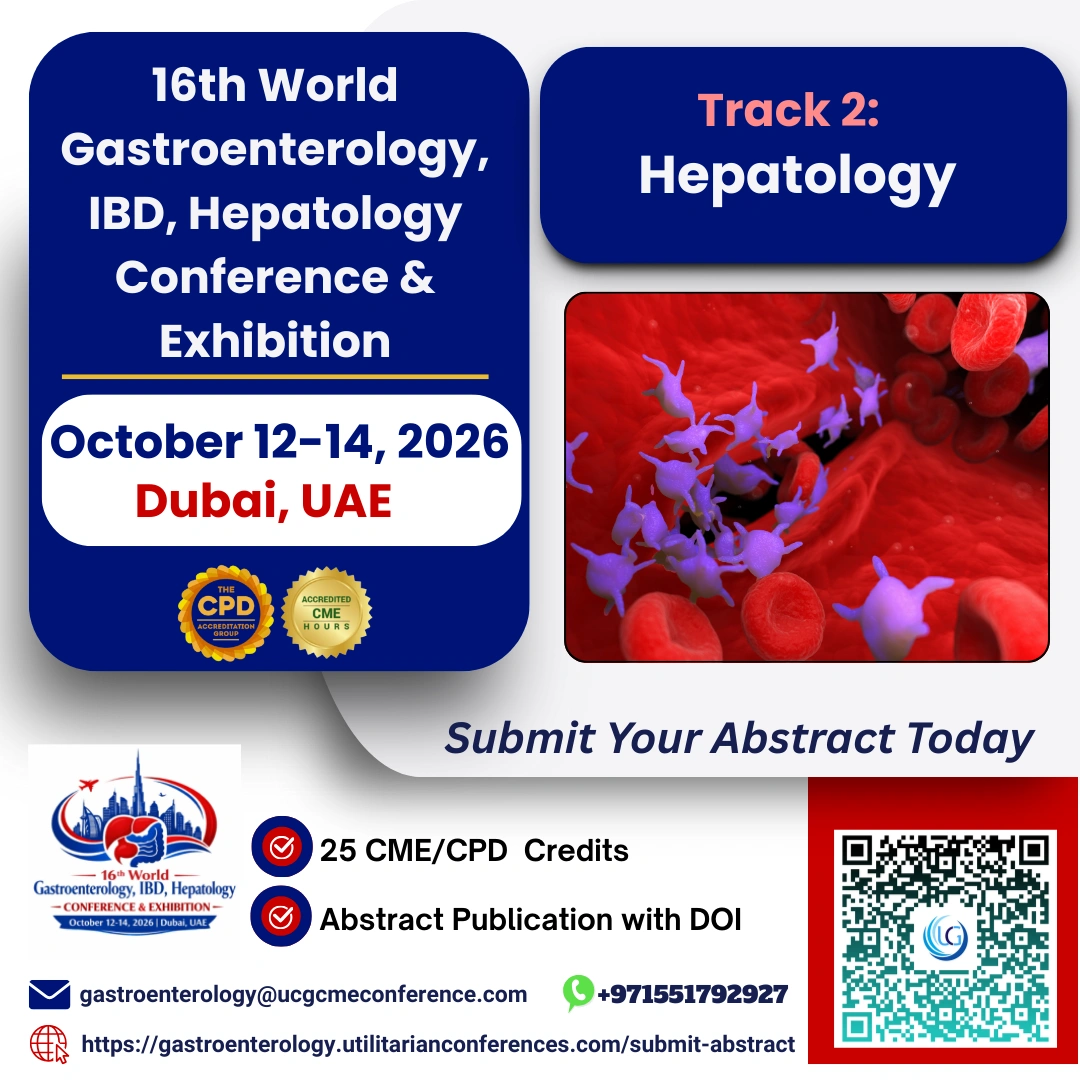



Gastroenterology is the study of the normal function and diseases of the...

What is Hepatology?
Hepatology is a specialized branch of medicine focused...

About of Celiac Diseases
Celiac Disease is a chronic autoimmune disorder that affects the small intestine's ability to absorb nutrients. It is triggered by the ingestion of gluten, a protein found in wheat, barley, and rye, in genetically predisposed individuals. The disease causes an immune response that leads to inflammation and damage to the lining of the small intestine, specifically the villi, which are tiny, finger-like projections that aid in nutrient absorption.
Key Characteristics
Autoimmune Reaction: Celiac disease is characterized by an
inappropriate immune response to gluten, leading to inflammation and damage in
the small intestine.
Genetic Predisposition: Individuals with celiac disease typically
carry specific genetic markers (HLA-DQ2 or HLA-DQ8). However, not everyone with
these markers will develop the disease.
Environmental Trigger: Gluten ingestion is the primary environmental factor that triggers the autoimmune response in susceptible individuals.
Symptoms
Symptoms of celiac
disease can vary widely and may affect multiple systems:
Gastrointestinal Symptoms: Abdominal pain, diarrhea, bloating,
constipation, weight loss, and nausea.
Non-Gastrointestinal Symptoms: Fatigue, anemia, skin rashes
(dermatitis herpetiformis), joint pain, and neurological symptoms such as
headaches and peripheral neuropathy.
Pediatric Symptoms: In children, symptoms can include failure to thrive, delayed growth, irritability, and chronic diarrhea.
Diagnosing celiac
disease typically involves a combination of the following:
Blood Tests: Testing for specific antibodies, such as anti-tissue
transglutaminase (tTG) and anti-endomysial antibodies (EMA). Elevated levels of
these antibodies suggest an immune response to gluten.
Endoscopic Biopsy: A biopsy of the small intestine is performed to
assess damage to the villi. Flattening of the villi confirms the diagnosis.
Genetic Testing: Although not used for diagnosis, testing for HLA-DQ2 or HLA-DQ8 can support the diagnosis if clinical and serological tests are inconclusive.
The primary treatment
for celiac disease is a lifelong, strict gluten-free diet, which involves:
Avoiding Gluten: Eliminating all sources of gluten from the diet,
including foods and beverages made from wheat, barley, and rye.
Nutritional Support: Addressing any nutritional deficiencies
through supplementation or dietary adjustments.
Regular Monitoring: Periodic follow-up with healthcare providers to
monitor adherence to the diet and check for any complications or associated
conditions.
Complications:
If celiac disease is not managed properly, it can lead to several
complications, including:
Nutritional Deficiencies: Due to malabsorption, deficiencies in
vitamins and minerals can occur.
Osteoporosis: Increased risk due
to malabsorption of calcium and vitamin D.
Autoimmune Conditions: Increased risk of other autoimmune diseases
such as type 1 diabetes, thyroid disease, and autoimmune liver disease.
Lymphoma: Chronic celiac disease is associated with a slightly
increased risk of intestinal lymphoma.
Prognosis:
With strict adherence to a gluten-free diet, most
individuals with celiac disease experience significant improvement in symptoms
and healing of the intestinal lining. The prognosis is generally good, but
continuous vigilance is necessary to avoid gluten exposure and manage any
potential complications.
Living with Celiac Disease
Dietary Management: Learning to identify and avoid gluten in foods
and products is essential.
Support and Resources: Engaging with support groups and educational
resources can provide valuable assistance and community support.
Regular Check-Ups: Ongoing medical care is important to ensure that
the diet is being followed and to monitor for any health issues.
Celiac disease is a serious condition requiring lifelong management, but with proper treatment and support, individuals can lead healthy and fulfilling lives.
Sub Track: Grains Containing Gluten, Genetic Predisposition, Environmental Triggers, Gastrointestinal Symptoms, Non-Gastrointestinal Symptoms, Genetic Testing, Nutritional, Gluten-Free Diet, Osteoporosis, Increased Risk of Other Autoimmune Diseases, Autoimmune Reaction, Pediatric Symptoms, Endoscopic Biopsy, Avoiding Gluten, Pathophysiology and Immunology, Diagnosis and Screening, Treatment and Dietary Management, Coexisting Conditions, Complications, Pediatric Considerations, Patient Education and Support, Emerging Therapies.